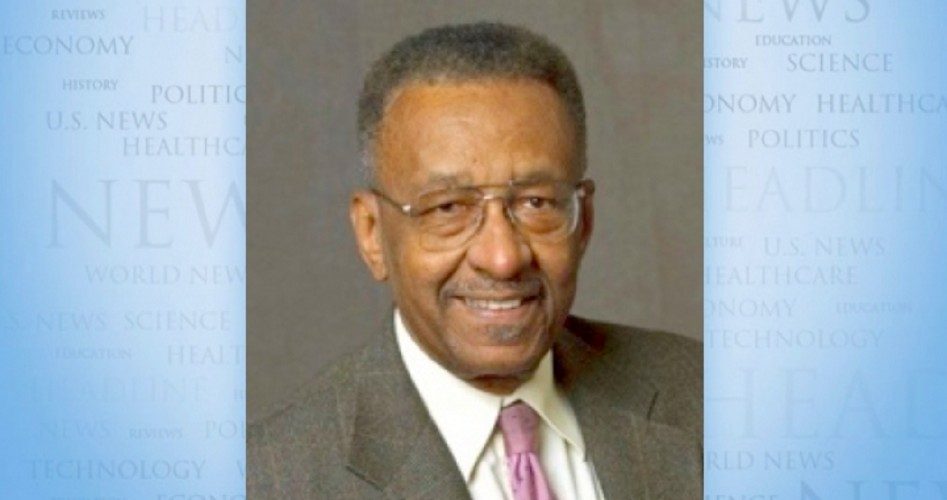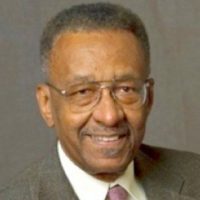
Last year’s column “Dishonest Educators” (1/9/2013) reported on the largest school cheating scandal in U.S. history. In more than three-quarters of the 56 Atlanta schools investigated, teachers changed student answers on academic achievement tests. Cheating orders came directly from school administrators. The cheating was brazen. One teacher told a colleague, “I had to give your kids, or your students, the answers because they’re dumb as hell.” Atlanta’s not alone. Teacher cheating has been discovered in other cities, such as Philadelphia, Houston, New York, Detroit, Baltimore, Los Angeles and Washington.
Rampant academic cheating is not confined to primary and secondary schools. Cheating occurs in the nation’s colleges, as discovered during an investigation at the Chapel Hill campus of the University of North Carolina, the state’s flagship university. Over two decades, more than 3,100 students enrolled in and received credit for taking nonexistent phantom classes in the university’s department of African and African-American studies. Nearly 50 percent of the students taking the phantom classes were athletes on the university’s football and basketball teams.
Students officially enrolled in African and African-American studies lecture courses that never met. According to a university-commissioned report, Deborah Crowder, the department’s administrative assistant, required students to turn in a single paper. The papers were often largely plagiarized or padded with fluff. The students were given A’s or B’s after a cursory read. The classes were widely known on campus as “paper classes.” The department’s chairman, Julius Nyang’oro, was the professor of record for many of the fake classes. The university’s academic support program for student-athletes notified both Nyang’oro and Crowder of what grades students needed “to remain academically or athletically eligible.”
Professor Nyang’oro retired in 2012, after news of the scheme came to light. A grand jury indicted him on a felony charge for taking money for a class he didn’t teach. Recently, the state’s district attorney’s office dismissed the charges against Nyang’oro because of his cooperation with former federal prosecutor Kenneth Wainstein’s investigation into athletic and academic issues at the university. So far, nine university employees have been fired or are under disciplinary review.
Let’s look at the motivation for this gross academic fraud. If you said follow the money, go to the head of the class. UNC’s basketball team generates $20 million in profits for the university. Football generates $22 million. Basketball and football coaches are paid salaries in excess of $2 million. The only way a university can pay those salaries and generate that kind of revenue is to assemble a winning team. That means many universities are more interested in an athlete’s playing skills than in his academic skills. In other words, whether a student can read, write and compute means little compared with whether he can slam-dunk a basketball or make touchdowns.
Last week, UNC Chancellor Carol Folt issued an apology and an institutional mea culpa. It has a hollow ring. She must have been aware of the efforts of Mary Willingham, the whistleblower academic adviser at UNC who had spoken out against the gross fraud regarding the academic performance of revenue-sport athletes. Plus, former UNC basketball player Rashad McCants told ESPN that he received top grades in classes that did not require attendance and that he turned in papers that tutors wrote for him.
This cheating scandal raises another issue, namely that of exploiting athletes for the benefit of universities. I think that the time has come to abandon the athlete-scholar charade. Universities ought to pay athletes a competitive salary in line with everyone else involved in college sports. Most basketball and football players will see their playing days end when they leave college. Many players who participate in university fraud in order to maintain their player eligibility are black. Where will they end up when they graduate in possession of a fraudulent college degree other than sad, embittered, used and having nowhere to turn?
While UNC’s cheating agenda has been fully exposed, I’d bet the rent money that similar fraudulent practices are widespread at other universities, and whistleblowers should come forth.
Walter E. Williams is a professor of economics at George Mason University. To find out more about Walter E. Williams and read features by other Creators Syndicate writers and cartoonists, visit the Creators Syndicate Web page at www.creators.com.
COPYRIGHT 2014 CREATORS.COM



